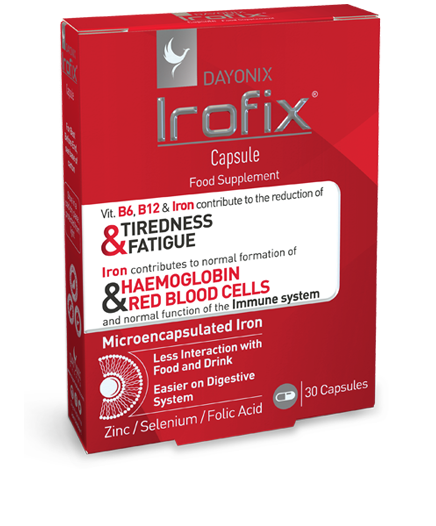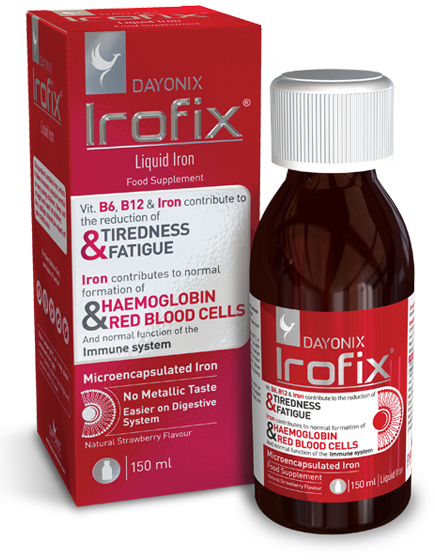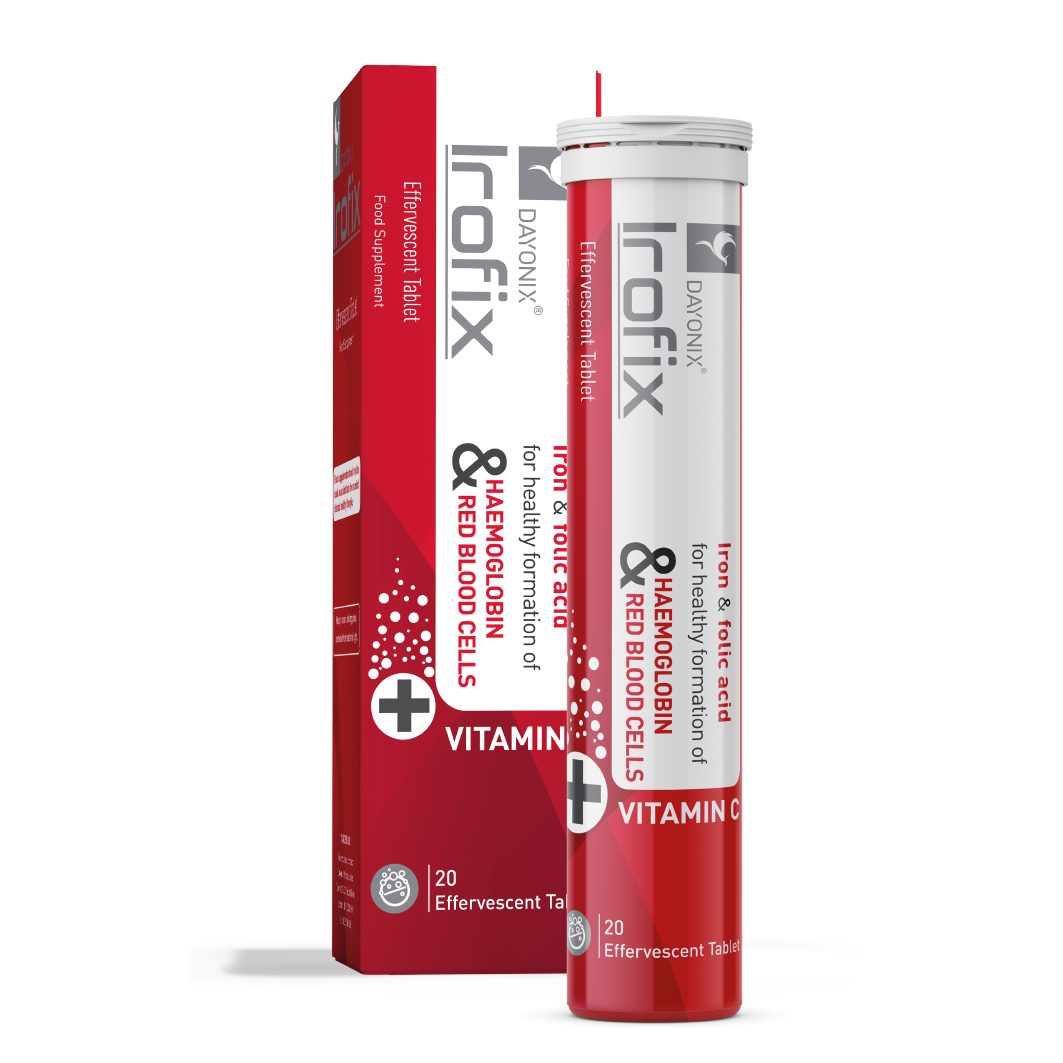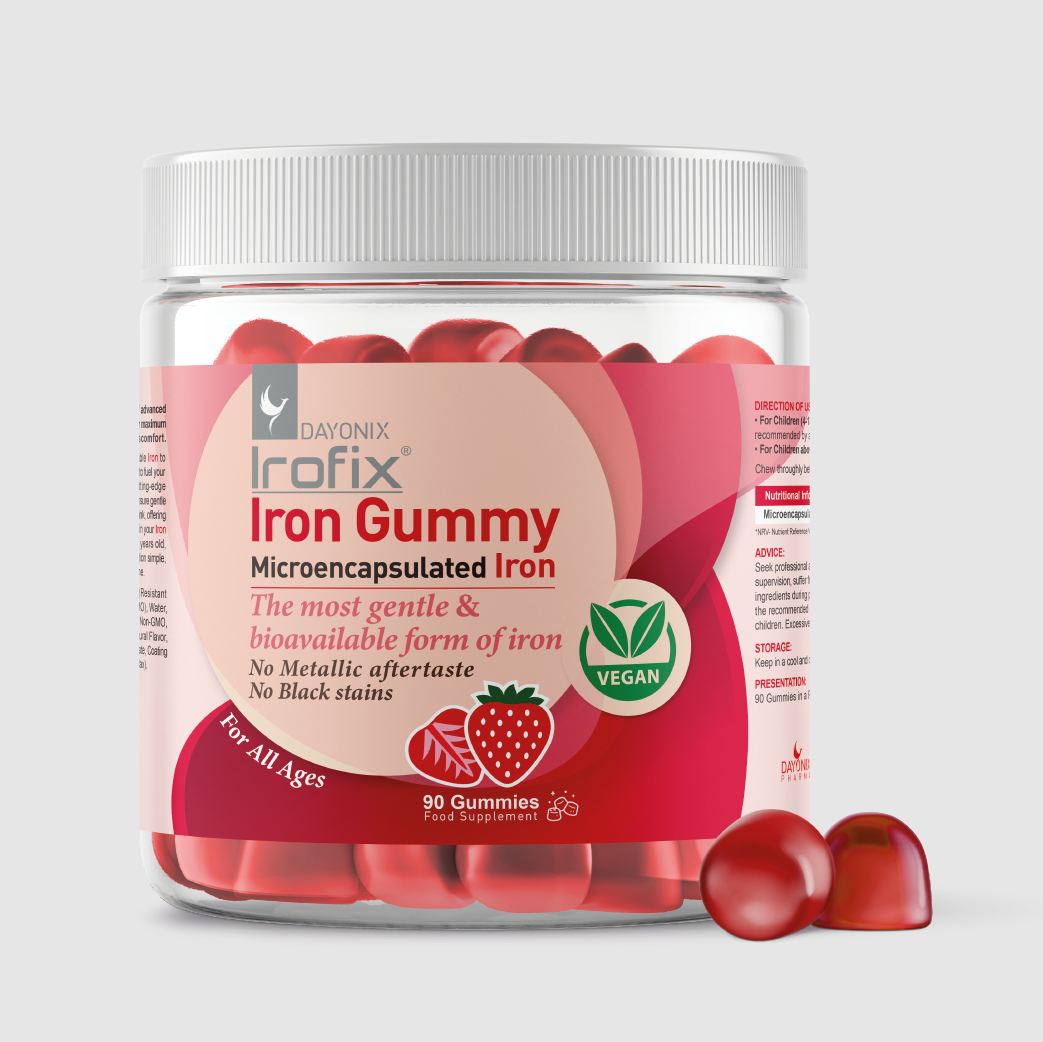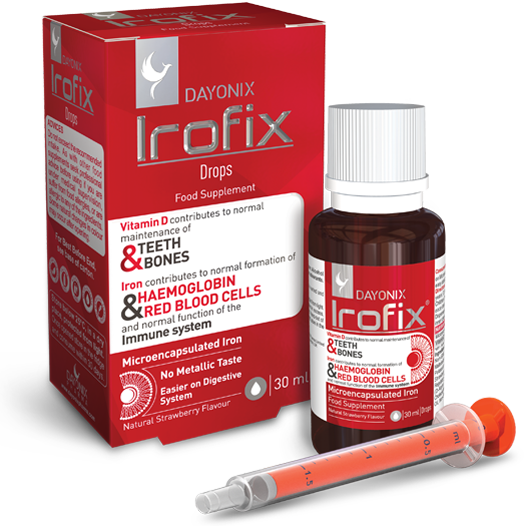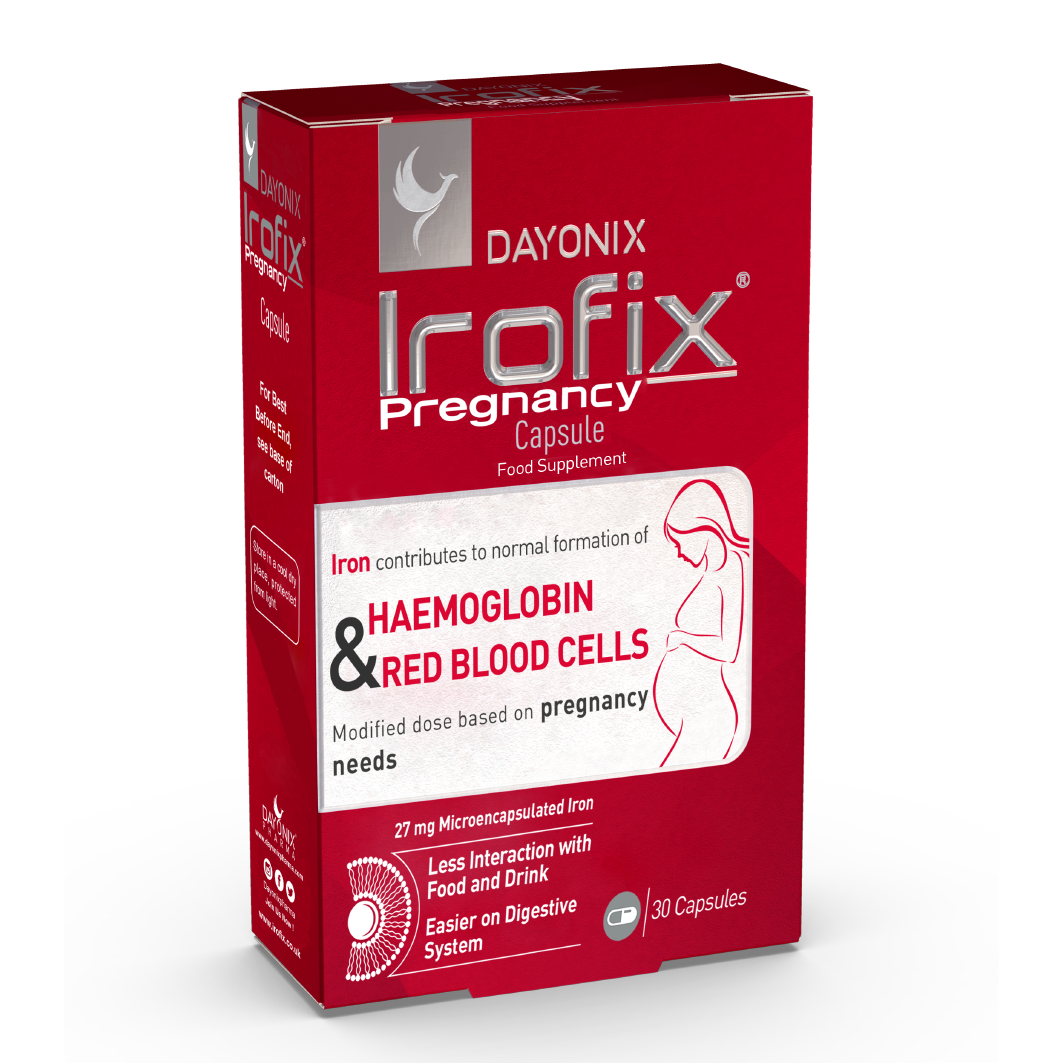
Who Needs Iron Supplements? A Comprehensive Guide
March 1, 2025Individual iron needs vary based on factors such as age, gender, health status, and dietary habits. This guide outlines situations in which individuals might consider iron supplementation, backed by relevant references.
- Iron-Deficiency Anemia:
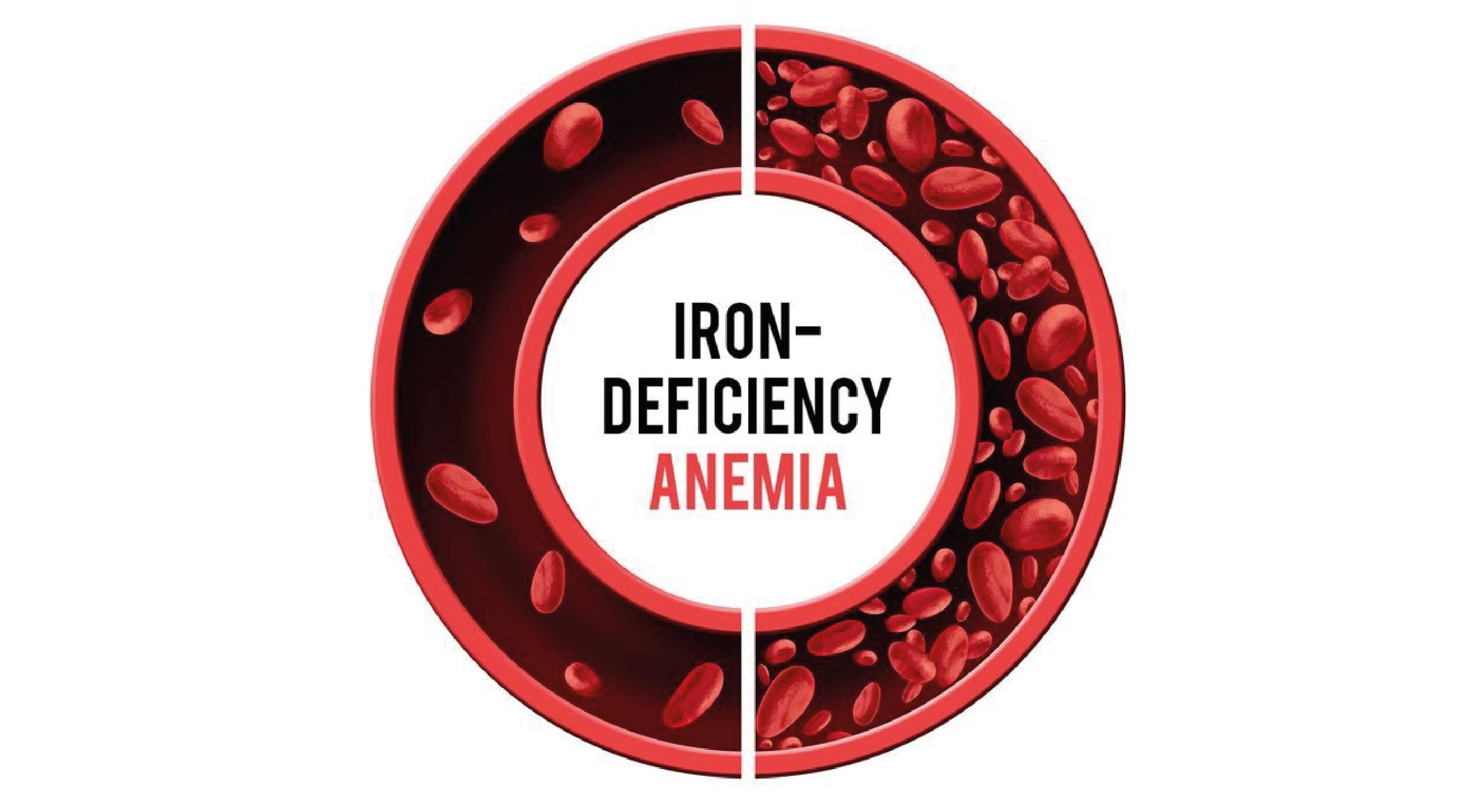
Individuals diagnosed with iron-deficiency anemia, characterized by low hemoglobin levels. According to data from World Health Organization (WHO), the most common nutritional cause of anemia is iron deficiency and Iron deficiency anemia is the most common cause of anemia worldwide.
- Why: Iron supplements help replenish iron stores, support red blood cell production, and alleviate symptoms of anemia.
Read more at Anemia: Types, Prevention, and Effective Treatment Options
- Pregnant Women:

Pregnant women often experience increased iron demands to support both maternal and fetal needs.
- Why: Iron is crucial for preventing pregnancy-related anemia and supporting the growing baby’s development.
- Menstruating Women:
Women with heavy menstrual bleeding may lose significant iron during each menstrual cycle.
- Why: Iron supplements can help offset iron loss and prevent or treat iron-deficiency anemia.
- Infants and Children:
Infants and young children may need iron supplements during rapid growth phases.
- Why: Iron is vital for cognitive development and overall growth during early childhood.
- Vegetarians and Vegans:
Individuals following plant-based diets may have lower iron absorption.
- Why: Iron from plant sources is less readily absorbed, making supplementation beneficial for meeting iron needs.
- Individuals with Malabsorption Issues:
Those with conditions affecting iron absorption, such as celiac disease or gastric bypass surgery.
- Why: Malabsorption can lead to decreased iron absorption from food, necessitating supplements to maintain adequate levels.
- Athletes:

Endurance athletes, especially females, may experience increased iron loss through foot strike hemolysis, exercise-induced inflammation, etc.
Read more at Iron Deficiency in Athletes: Causes, Prevention, and Treatment with Microencapsulated Iron Supplements
- Why: Iron supplements help prevent exercise-induced iron deficiency and support athletic performance.
- Chronic Medical Conditions:
Individuals with chronic medical conditions like chronic kidney disease or inflammatory bowel disease.
- Why: These conditions can impact iron absorption or lead to chronic inflammation, necessitating supplementation to address iron needs.
Conclusion
Understanding individual circumstances is crucial when considering iron supplementation. It is advisable to consult with a healthcare professional to determine specific iron requirements and appropriate supplementation strategies.
Feel the difference with the right iron supplement- Click to learn more about the types of iron supplements and find the best one for you.
References
- Clénin, G. (2015). Iron deficiency in sports – definition, influence on performance and therapy. Swiss Medical Weekly, 145, w14196.
- Sim, M., Garvican-Lewis, L. A., Cox, G. R., Govus, A., McKay, A. K., Stellingwerff, T., & Gore, C. J. (2014). Iron considerations for the athlete: a narrative review. European Journal of Applied Physiology, 114(12), 251-262.
- Peeling, P., Blee, T., Goodman, C., & Dawson, B. (2009). Training surface and intensity: inflammation, hemolysis, and hepcidin expression. Medicine and Science in Sports and Exercise, 41(5), 1138-1145.
- Reinke, S., Taylor, W. R., Duda, G. N., & von Haehling, S. (2012). Muscle wasting and cachexia in heart failure: mechanisms and therapies. Nature Reviews Cardiology, 9(8), 500-510.
- Peeling, P., Dawson, B., Goodman, C., Landers, G., & Trinder, D. (2009). Athletic induced iron deficiency: new insights into the role of inflammation, cytokines and hormones. European Journal of Applied Physiology, 105(3), 381-391.
- https://www.ncbi.nlm.nih.gov/books/NBK448065/
- https://www.who.int/health-topics/anaemia#tab=tab_1
